5 Eyebrow-Arching Pop Culture References In Movies And Shows
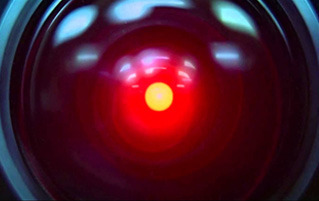
References are usually pretty easy to catch. Just know a thing or two about pop culture's past and present and you should be able to keep up with the way characters speak. But some references are ridiculously difficult to catch. Sometimes you can watch a scene over and over and never understand what's being alluded to. So let's pull back the veil and expose the true meaning of some moments you've seen in your favorite pop culture properties.
Slipping on a Banana Peel Is a Reference to Filthy 19th-Century Streets
Let's start off with a gag you've seen so many times that you've probably wondered if it was a real-life epidemic: slipping on banana peels. It's right up there with a pie in the face and whoopee cushions in the Comedy Hall of Fame. It seems like a logical conclusion: Banana peels look silly and slippery, so of course they'd be the cause of countless comedic pratfalls. What isn't so obvious is why banana peels, specifically, were used for the joke.
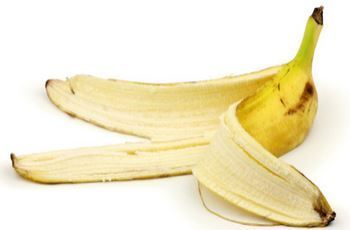
It's because banana peels came to symbolize the growing problem of trash-filled streets in late-19th-century American cities, and they became the go-to reference point Vaudevillian comedians used to satirize the issue.
From here, the origin of the reference splits in slightly different directions, but they're all still centered around people in major cities slipping in their own filth. In one proposed origin, a banana peel is symbolic for a much less stage-friendly real-life problem: mounds of shit in the streets. Literal shit. Between the trotting horses and the wild pigs that once roamed free, the streets of New York were a giant septic tank. Comedians wanting to reference it in their acts were a bunch of pussies who didn't believe in the true meaning of art, so they substituted a banana peel for poop, because those, too, were everywhere.

That leads me to the second possible origin: Everyone tossed their trash on the streets because, to hell with everything; let's all just live in a rotting wasteland of our own garbage. Bananas were gaining in popularity and people were disgusting, fancy-dressed animals, so they'd toss their peels on the streets along with everything else.
Either way, the lovable doofus on stage who slipped on a banana peel wasn't just slipping on a banana peel. He was slipping on biting social commentary about the sorry state of 19th-century waste disposal.
HAL 9000 Singing "Daisy Bell" in 2001: A Space Odyssey Is a Reference to a Singing IBM Computer
HAL 9000's ominous singing of the tune "Daisy Bell" in 2001: A Space Odyssey is an iconic moment in film history. In its death throes, the homicidal AI reverts back to an earlier programmed memory and sings a happy little tune it was taught by its creator. It's disturbing. It's also a direct reference to a major breakthrough in computer science that occurred seven years before the release of 2001.
We've previously covered the weird connection HAL shares with the computer company IBM. For a long time it was believed that HAL 9000 was some kind of stand-in for IBM, but what that meant and what it represented was never fully understood. That is, until you watch the video of a little trick IBM engineers taught the IBM 7094 computer back in 1961.

They taught it to sing "Daisy Bell." This was a landmark moment in the history of computer engineering. It was the first time a computer was taught to do something distinctly human; it expressed itself via song. Not only does this strengthen the connection between HAL 9000 and IBM (which Kubrick and Arthur C. Clark vehemently denied), the reference adds a new layer to Kubrick's intention when he created the movie version of HAL. He's not only using HAL to warn us of the evils of sentient AI, he's telling the audience that this crazy shit is real. It's already here.

The Title of Mel Brooks' History of the World, Part I Is a Reference to a 400-Year-Old Book
When I was a kid and first discovering Mel Brooks movies, I, for a short time, became obsessed with trying to find the sequel to History of the World, Part I. Turns out the joke was on me. There is no History of the World, Part II. The trailer for Part 2 at the end of Part 1 was as much of a joke as the fake trailers in Grindhouse.
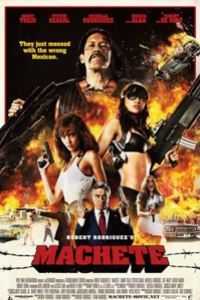
But, then again, maybe the joke wasn't on me, because that wasn't the joke Mel Brooks intended. The title History of the World, Part I is actually a reference to a book published in 1614 by Sir Walter Raleigh. He was one of those guys you read about in history class and forgot to ever think about again. He was an explorer and writer who was imprisoned in the Tower of London after he was convicted of allegedly trying to subvert the monarchy and establish a new queen. Raleigh killed time in the Big House by trying write down the entire history of human civilization from memory, starting with the Greeks and Romans. He called it The History of the World. He intended on continuing to do the most boring thing he could possibly imagine, but then he was released and sent to Venezuela to search for the mythical city of El Dorado.

There, he broke a peace treaty between England and Spain by attacking a Spanish outpost and had his head chopped off for it when he made it back to England -- a small hindrance when trying to write the entire history of the world from memory. Apparently Mel Brooks found all of that hilarious and named one of his movies after an imprisoned man's ambitious hope to encapsulate all of human history with only words and paper.
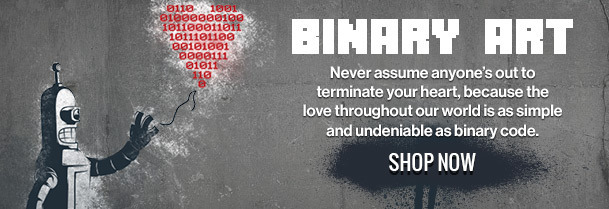
Arrested Development References a Cult Comedy in the Most Convoluted Way Possible
Arrested Development hides so many jokes within other jokes that are slathered in a thick frosted layer of jokes that you are forgiven if you never catch some, even after multiple viewings. A lot of the jokes have to be pieced together after close observation. Others are nearly impossible to figure out. One of those jokes is a reference so concealed it's a miracle anyone got it.
There's running gag that pops up a few times in the show's fourth season. It doesn't lead to anything significant. There's no pay off. It's just ... odd: The characters occasionally eat Parmesan cheese and mustard as a meal.
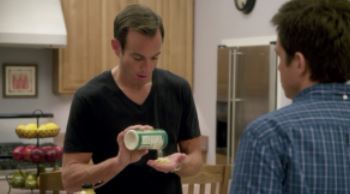
A plate of it. With a fork. On the surface, it means nothing other than a weird combo of food. But this is Arrested Development -- a show where damn near everything has a reason and purpose, you just have to figure it out. So, of course, eating Parmesan cheese and mustard is a reference to the 1985 film adaptation of the board game Clue.

Here's the ridiculous explanation behind the reference: Gene Parmesan is the Bluth family's go-to bumbling private investigator, and is played by Martin Mull.

Martin Mull co-starred in Clue, wherein he played Colonel Mustard.

Ipso facto, Parmesan and Mustard. Need more evidence that doesn't actually link to Parmesan and mustard but is also a reference to Clue? In the episode " A New Attitude," Gene Parmesan buys a knife at a shop next door to a children's play place that has a ball pit. The name of the play place is My Little Ballroom. The knife is a weapon in Clue, and the ballroom is one of the rooms in Clue.
Oh, and while we're on the subject: In the recent Teenage Mutant Ninja Turtles movie, Will Arnett's character can be seen making himself a Parmesan cheese and mustard sandwich while listening to "Careless Whisper" by George Michael.

The lesson here is, Arrested Development is exhausting.
George R.R. Martin Hid Football References in A Dance With Dragons
The galley was also where the ship's books were kept ... the fourth and final volume of The Life of the Triarch Belicho, a famous Volantene patriot whose unbroken succession of conquests and triumphs ended rather abruptly when he was eaten by giants.
That could be just another in a long, long, long line of silly fantasy history from George R.R. Martin's A Song of Ice and Fire series. And it is, ultimately. But that little bit happens to be more than just another fake history you didn't need to know. It's actually a cleverly coded reference to real life George R.R. Martin sneaked into A Dance With Dragons.
Martin is a football fan from New Jersey, so he splits his fandom between the New York Giants and the New York Jets. Because he's a red-blooded American, he hates the New England Patriots. This is no more evident than in the quote above. The "patriot" Triarch Belicho is New England Patriots head coach Bill Belichick. The "unbroken succession of conquests and triumphs" is the Patriots 2007 season, when they won every single game ... except for the Super Bowl, which they lost to the New York Giants.
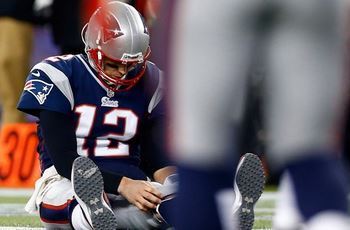
And there's more. Martin lost a bet to Patrick St. Denis, the writer of a fantasy blog and a Dallas Cowboys fan. For years he and Martin had a long-running bet over whether the Cowboys or the Giants would do better in the standings. One year, the Cowboys finished ahead of the Giants and George had to pay up ... in the form of killing Patrick in one of his books. Martin created Ser Patrek of King's Mountain, a knight with a shield painted with a silver star. He's ripped apart by a giant named Wun-Wun, which is a homophone for One-One, the number 11, which was the number of legendary New York Giants quarterback Phil Simms.

George R.R. Martin apparently solves all his problems by making fake giants rip them to shreds. That's only slightly healthier than actually killing people.
Luis is trying to decode the subtle, obscure references lurking deep within the complex tapestry of Family Guy episodes. In the meantime, you can find him on Twitter and Tumblr.
For more from Luis, check out The 4 Hardest Things Done By Great Minds So You Can Be Lazy and 8 Stupid Kitchen Hacks (Tested for Usefulness).
Are you on reddit? Check it: We are too! Click on over to our best of Cracked subreddit.